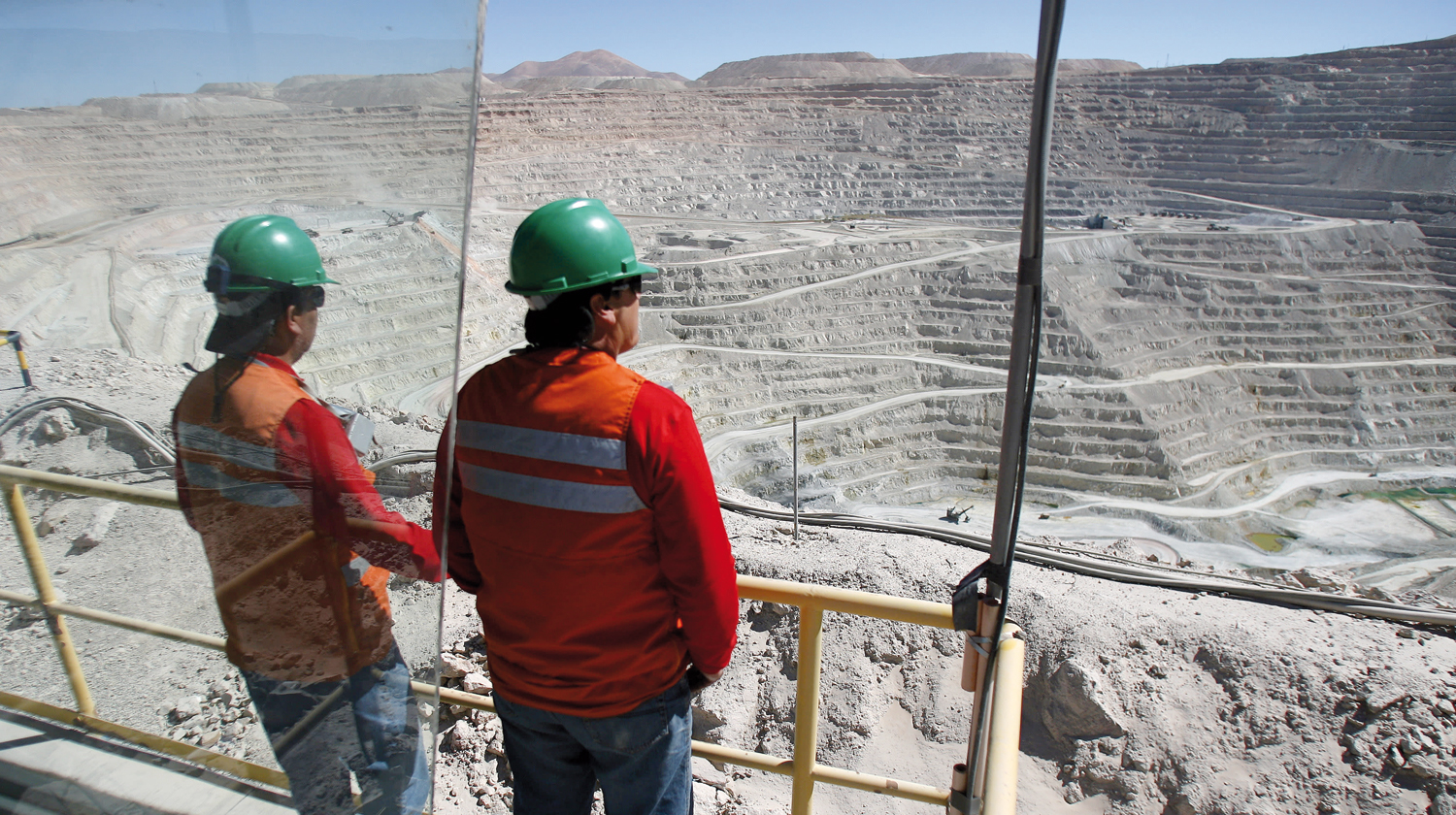

MELBOURNE: BHP Group pursued permission to damage Aboriginal cultural sites in April, an Australian parliamentary inquiry heard on Thursday, despite being told of the distress it would cause traditional owners. The inquiry is investigating Rio Tinto’s legal detonation in May of sacred and historically significant rockshelters for an iron ore mine at Juukan Gorge in Western Australia’s Pilbara region.
Rio’s Chief Executive Officer Jean-Sebastien Jacques and two deputies stepped down last week following a public outcry, the deep upset of the traditional owners and the discontent from institutional investors who called for management to better account for the damage.
BHP executives David Bunting, the company’s Australian Heritage Manager, and Libby Ferrari, Head of Indigenous Engagement, testified about the company’s application to disturb 40 sacred sites of the Banjima indigenous group as part of its $2.9 billion South Flank mine expansion in the Pilbara.
The Banjima “did provide feedback through BHP that there were concerns around some of the places” that would be disturbed, said Ferrari.
“They were able to and did air their views quite clearly with us and with the regulator.” Both Ferrari and Bunting noted that the Banjima did not object to the South Flank expansion, but also acknowledged that the consent agreement between BHP and the Banjima does not allow them to legally object to the destruction of sacred sites.
However, an April 16, 2020, letter from Banjima Native Title Aboriginal Corporation Chief Executive Officer Joanna Ramsey submitted as part of BHP’s application contains heartfelt objections to their destruction.
In the letter reviewed by Reuters, Banjima Corporation Chairman Maitland Parker says, “that while he knows Banjima cannot object to the application, this in no way diminishes the cumulative loss that Banjima people feel each and every time significant places ... are to be harmed.” — Reuters
Oman Observer is now on the WhatsApp channel. Click here



